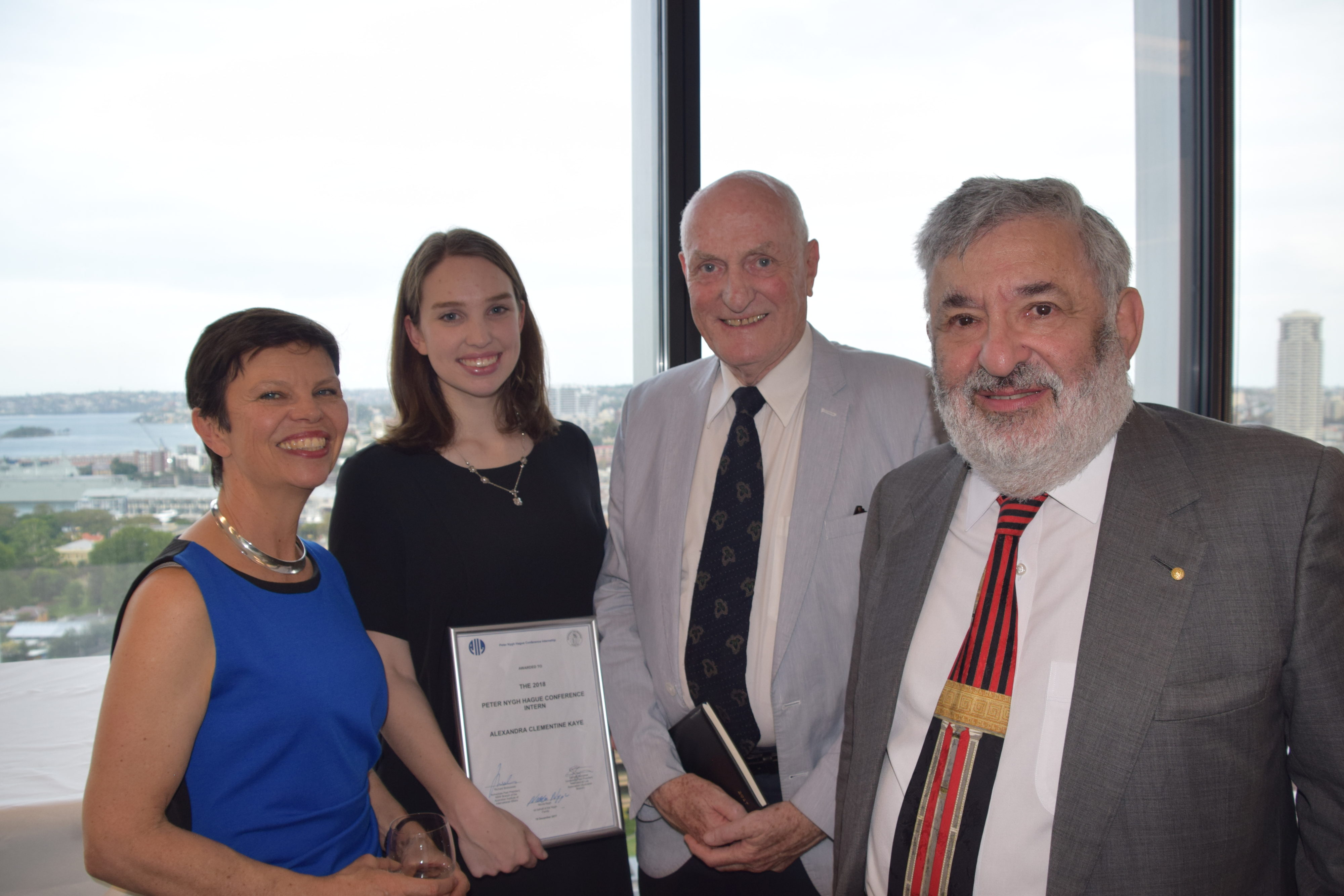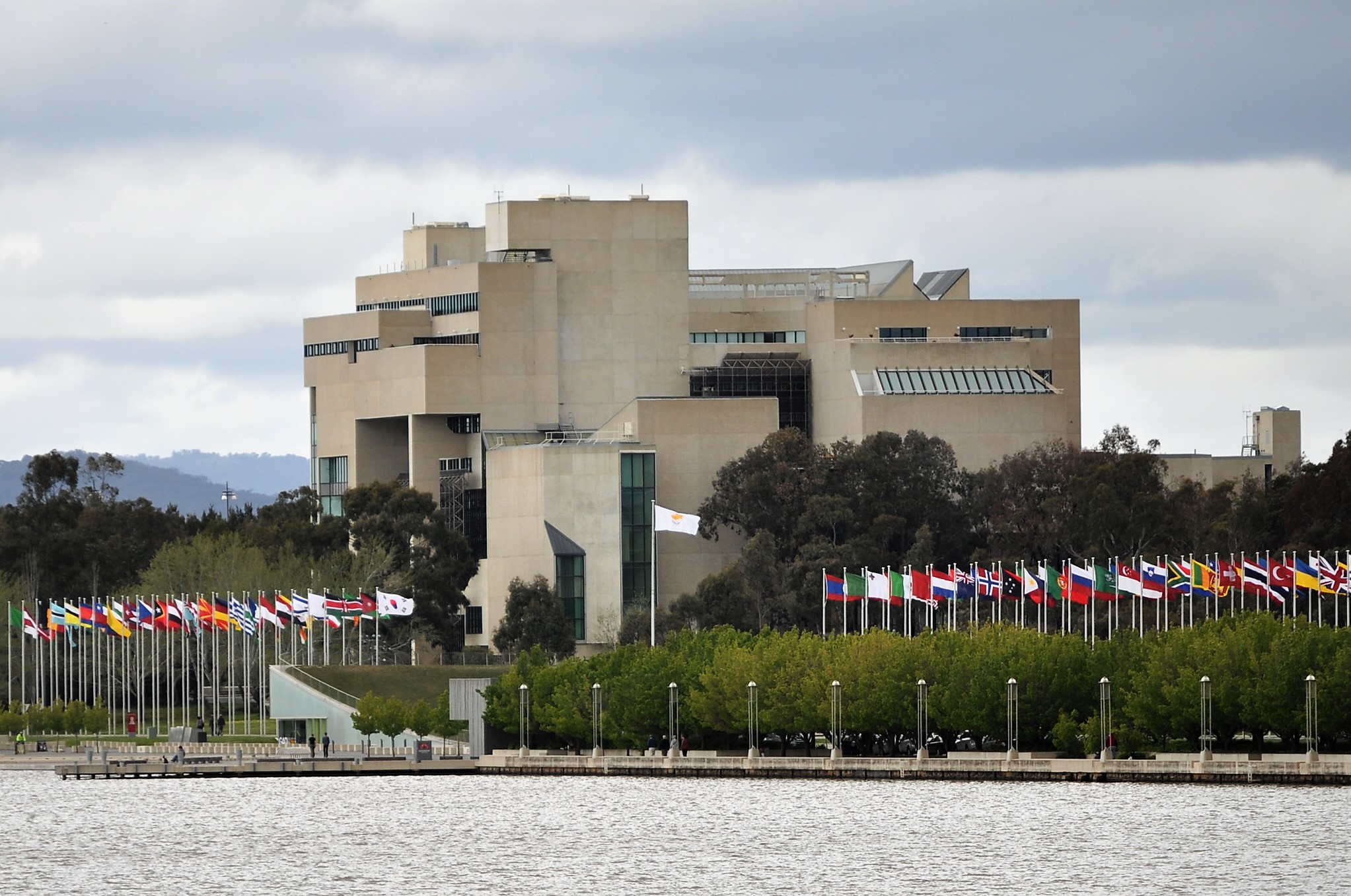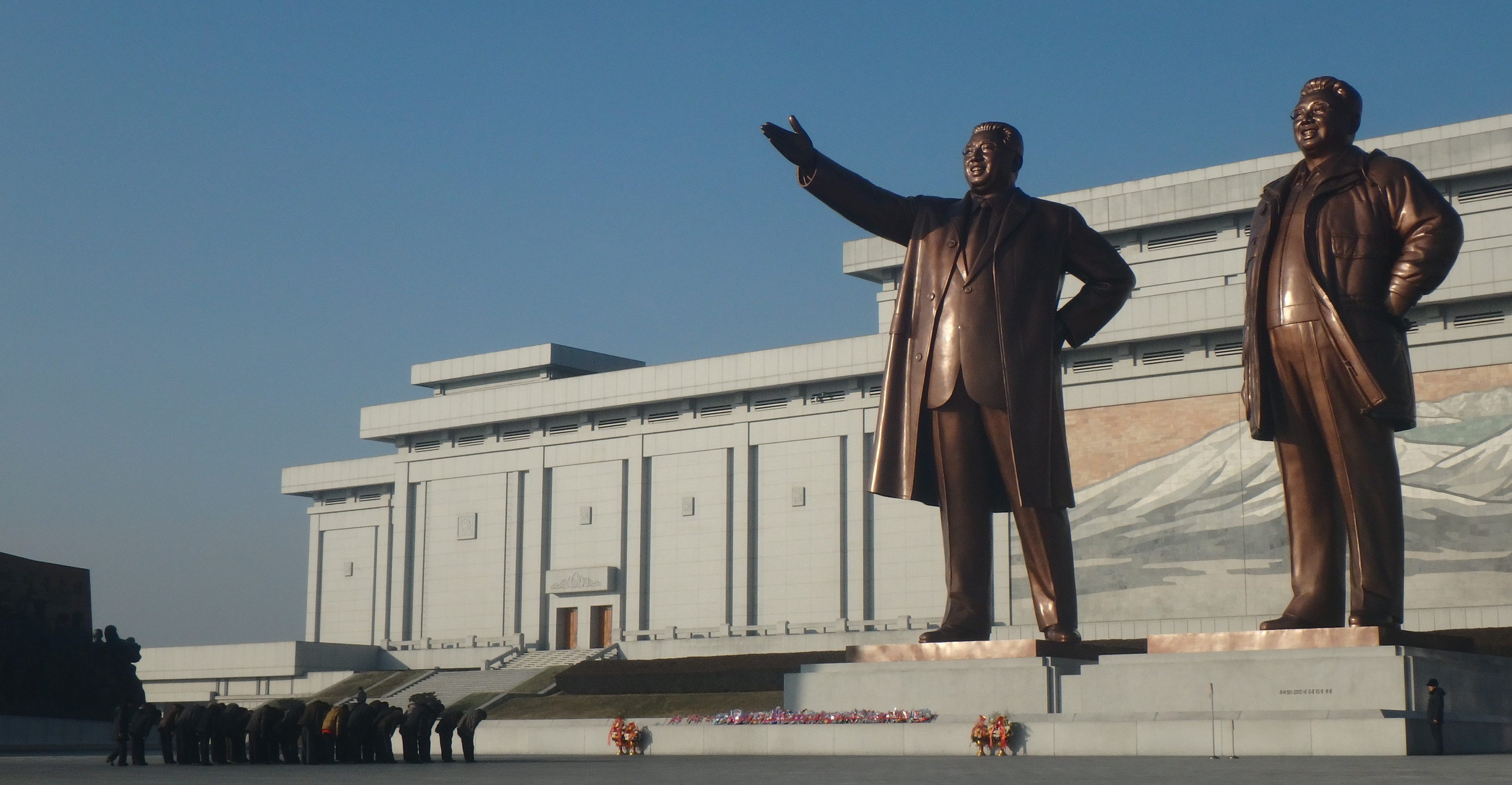One of the most pointed criticisms levelled at the Turnbull Government in 2017 was its refusal to ratify the proposals of the Indigenous Referendum Council.
In the recommendations of their final report submitted to Prime Minister Turnbull, the Council proposed the creation of an advisory body representative of First Nation peoples to work with the legislature in order to address constitutional inequalities facing Indigenous Australians. The recommendations further included interpreting (or possibly even amending) the power to make laws with respect to ‘any race’ under s 51 (xxvi) as well as establishing an additional legislative committee to oversee the process of ‘truth-telling’ in drafting treaties with respect to Indigenous Australian Sovereignty at a Federal level. This relationship was encapsulated in the word ‘Makarrata’, which denotes a relationship of honesty and candour amongst leaders within the Yolgnu people of Arnhem Land.

The Turnbull Government defended their position on the grounds that the proposals were unclear in their intent and, in any event, could be so radical that they would create a parliamentary ‘third chamber’, which would prove divisive amongst Australians. This article will explore what models the Referendum Council may wish to pursue with reference to domestic and international notions of representation and sovereignty.






